The Metropolitan Manila Development Authority (MMDA) is a government agency with a mission to transform Metropolitan Manila into a humane, world-class metropolis. It was designed to work towards the development and administration of the affairs of the National Capital Region, commonly known as Metro Manila—a special development and administrative region comprising sixteen (16) cities and one (1) municipality.
MMDA works alongside the Land Transportation Office (LTO) and the Department of Transportation (DOTr) in harmonious collaboration to maintain law and order on the roads of the Philippines. The MMDA is primarily responsible for formulating, planning, implementing, and monitoring policies and programs which offer solutions to Metro Manila’s congestion and traffic issues.
Since the MMDA was established in 1995 by virtue of Republic Act 7924, it has been serving as a development authority tasked with planning, supervising, regulating, monitoring, coordinating, and implementing policies, programs, and projects related to basic services in Metropolitan Manila. Its services also cover areas with metro-wide impact, transcending local political boundaries or involving significant expenditures that individual local government units (LGUs) can’t provide. In this guide, let’s take a closer look at MMDA, along with its basic organization, history, evolution, and programs and services that people can take advantage of.
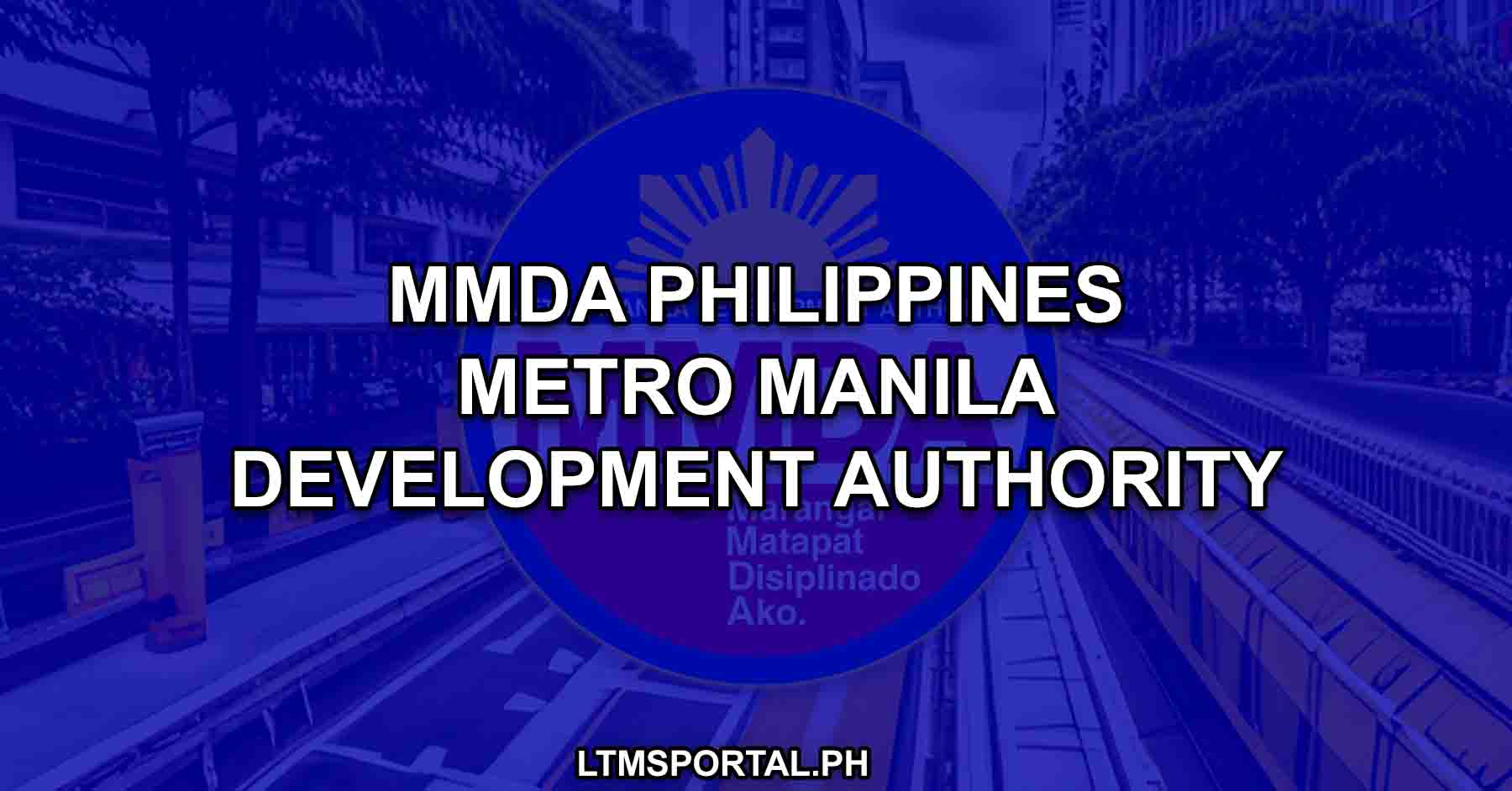
What is MMDA
MMDA refers to the Metropolitan Manila Development Authority, a government agency created to transform Metropolitan Manila into a humane, world-class metropolis. Since it was established on March 1, 1995, through Republic Act 7924, the agency has been offering services like development planning, transport and traffic management, solid waste disposal and management, flood control and sewerage management, urban renewal, zoning, land use planning, shelter services, health and sanitation, urban protection, pollution control, and public safety.
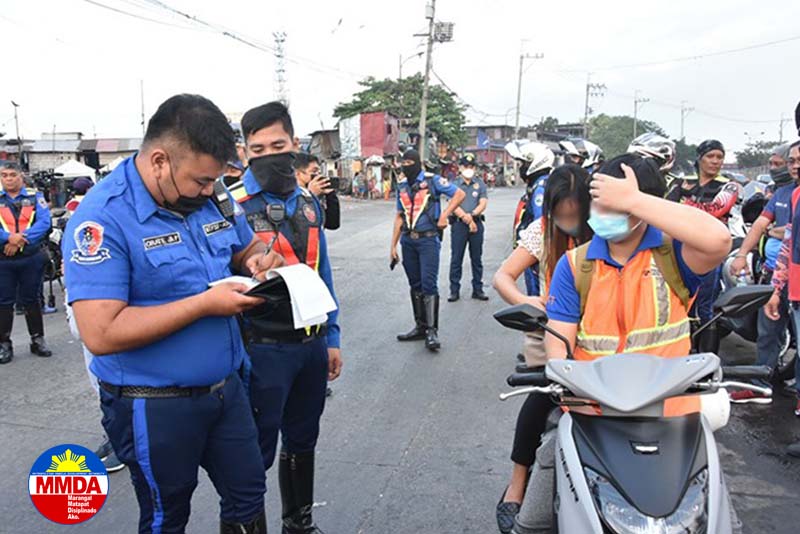
As an agency, the MMDA envisions a livable and workable physical environment for all, aiming to push Metro Manila into becoming a major business and transaction center in the Asia-Pacific region.
Also included in the MMDA’s mandate is the power to take part in formulating, coordinating, and regulating medium and long-term plans, programs, and investments for metro-wide services, land use, and physical development within Metropolitan Manila. It also manages metro-wide programs and projects, coordinates and monitors their implementation, sets policies for traffic in Metro Manila, and enforces traffic laws and regulations.
History of MMDA
The history of MMDA is deeply rooted in the creation of the Metro Manila region. When Metro Manila was created, the Metropolitan Manila Commission (MMC) was established to govern the newly formed region. On May 29, 1976, Presidential Decree No. 940 designated Metro Manila as the permanent seat of the national government.
In 1990, by virtue of Executive Order No. 392, the MMC was replaced with the Metropolitan Manila Authority (MMA). The MMA had rotating mayoral chairmanship until the government initiated the establishment of the Metropolitan Manila Development Authority (MMDA) on March 1, 1995, through Republic Act No. 7924. Prospero Oreta became the first independent chairman. With this, the MMDA started to be tasked with addressing all the relevant challenges involving the region and its development, leading to its evolution into a key player in metropolitan development.
Logo of MMDA
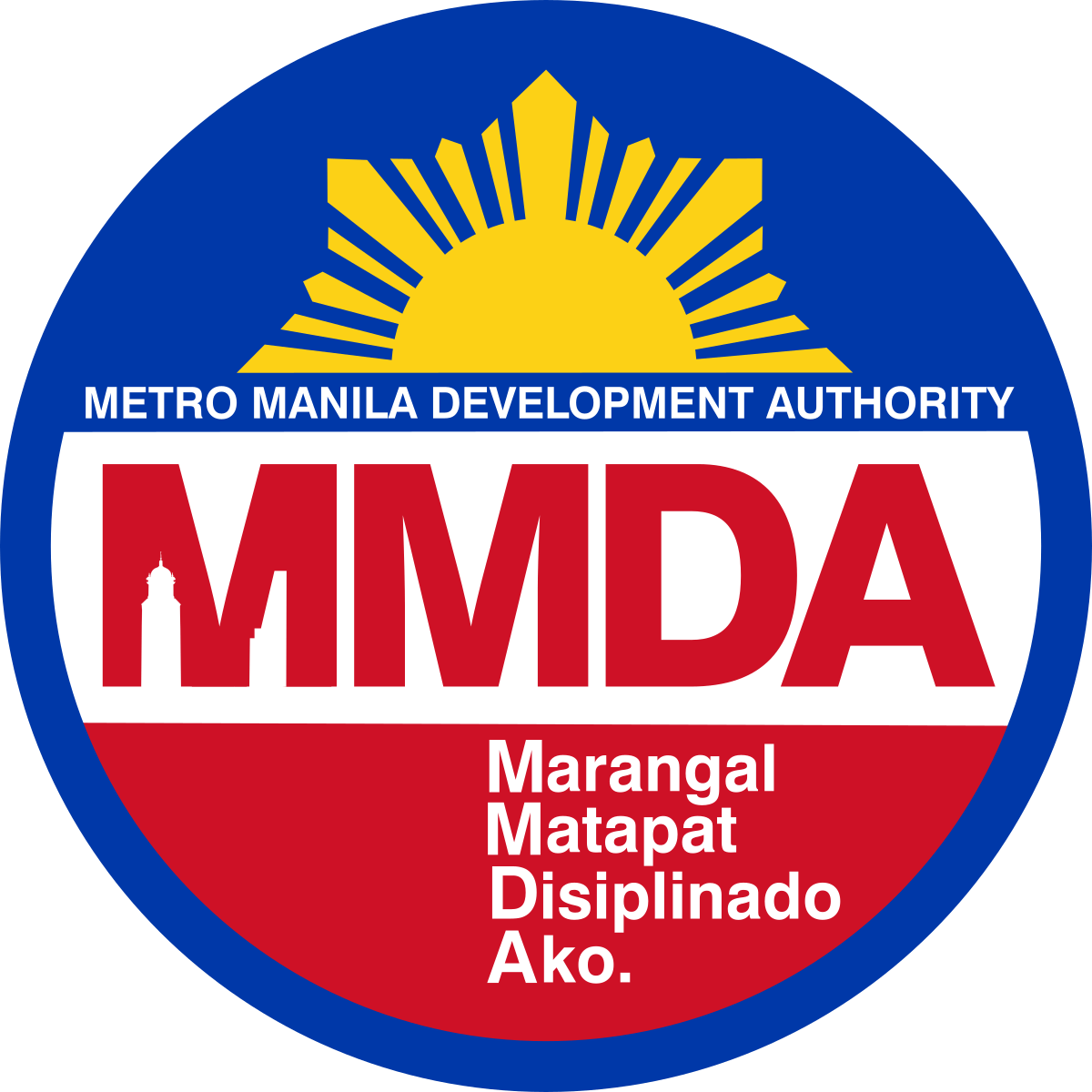
Organizational Segmentation
MMDA’s organizational structure includes major offices, frontline offices for operations, service units, staff units, and divisions, each assigned specific responsibilities and functions. Ad hoc offices were also established to enhance efficiency in carrying out MMDA’s mandates. The MMDA Operations Manual details the systems and procedures of each of these frontline MMDA offices and selected support services.
- Major Offices
- Office of the Chairman
- Office of the General Manager
- Office of the Assistant General Manager for Finance and Administration (OAGMFA)
- Office of the Assistant General Manager for Operations (OAGMO)
- Office of the Assistant General Manager for Planning (OAGMP)
- Frontline Offices (Operations)
- Solid Waste Management Office
- Traffic Discipline Office
- Flood Control and Sewerage Management Office
- Health Public Safety
- Environmental Protection Office
- Service Units
- Administrative Service
- Finance Service
- Metropolitan Development Planning Service
- Physical and Spatial Development Service
- Staff Units
- LLAS
- CPMS
- MISS
- PAS
- Divisions
Thirty-eight divisions covering various aspects such as accounting, budget, treasury, administrative services, plans and programs formulation, traffic enforcement, health and sanitation, among others.
Institutional Linkages
In executing its functions, the MMDA establishes vital linkages by collaborating with various institutions, including local government units, national government agencies, accredited people’s organizations, non-governmental organizations, and the private sector. This collaborative approach underscores the MMDA’s commitment to efficient service delivery and comprehensive urban development.
Mission, Vision, and Functions
As a coordinating body dedicated to further improvement of Metro Manila as a region, the MMDA operates by abiding with the following mission, vision, and functions.
Mission
The Metropolitan Manila Development Authority (MMDA) aims to transform Metropolitan Manila into a humane, world-class metropolis and a major business center in the Asia-Pacific region. It commits to administering the affairs of the region and providing metro-wide services while considering the autonomy of local government units (LGUs).
Vision
The vision is towards creating a livable and workable physical environment for all residents of Metropolitan Manila.
Powers and Functions
The MMDA serves as a coordinating body that collaborates with local government units, national government agencies, non-governmental organizations, and the private sector to address the complex challenges of urban development in Metro Manila. It aims to create a livable, sustainable, and world-class environment for all residents in the National Capital Region by taking on the following functions:
- Formulate, coordinate, and regulate medium and long-term plans for metro-wide services, land use, and physical development.
- Prepare and regulate medium-term investment programs.
- Undertake and manage metro-wide programs and projects.
- Coordinate and monitor the implementation of plans, programs, and projects.
- Set policies for traffic in Metro Manila and regulate traffic management programs.
- Administer a single ticketing system and enforce traffic laws and regulations.
- Perform other related functions to achieve MMDA’s objectives, including delivering basic services to LGUs when necessary.
MMDA Services
Aside from the functions listed above, the MMDA also provides specific metro-wide services that have a significant impact and transcend local political boundaries. These services come in different forms and are categorized into the following frontline service types:
Development Planning
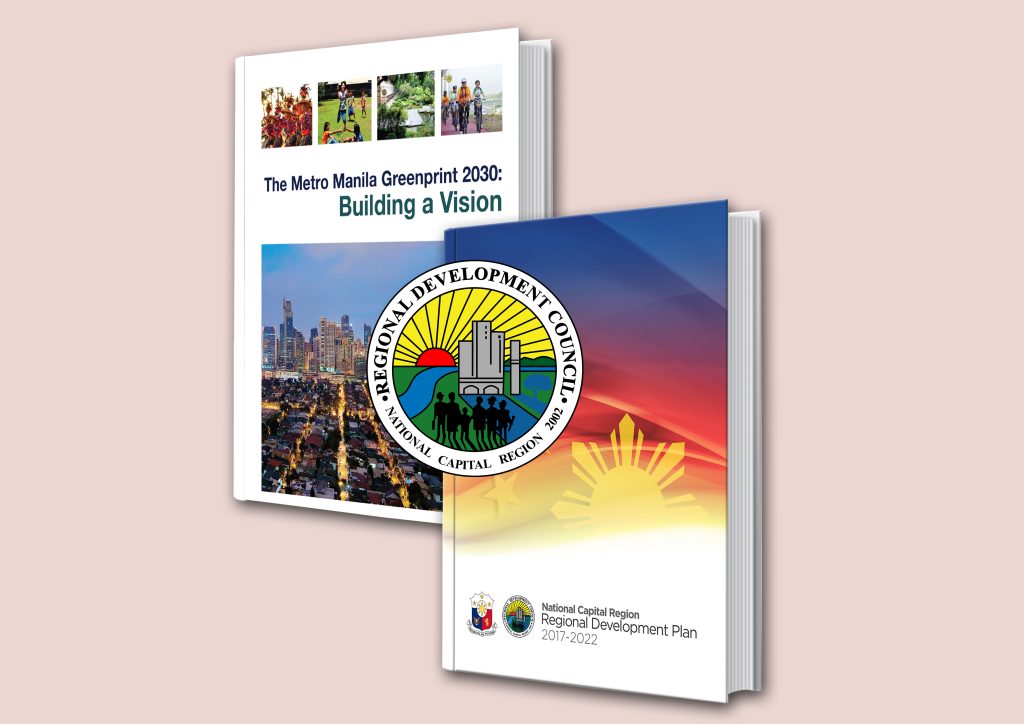
Developmental planning covers formulating, coordinating, and regulating medium and long-term plans and programs for the growth and development of Metro Manila.
Transport and Traffic Management
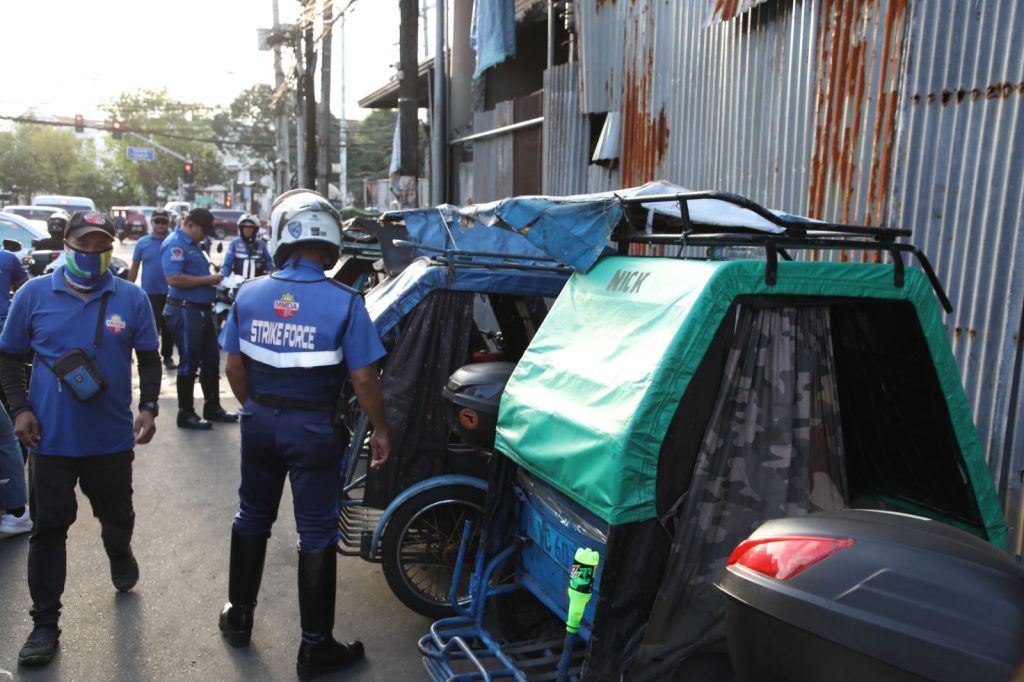
This involves setting policies, coordinating, and regulating programs related to traffic management, education, engineering, and enforcement to ensure safe and efficient movement of people and goods. This also covers acts related to managing traffic, and promoting mass transport.
Solid Waste Disposal and Management
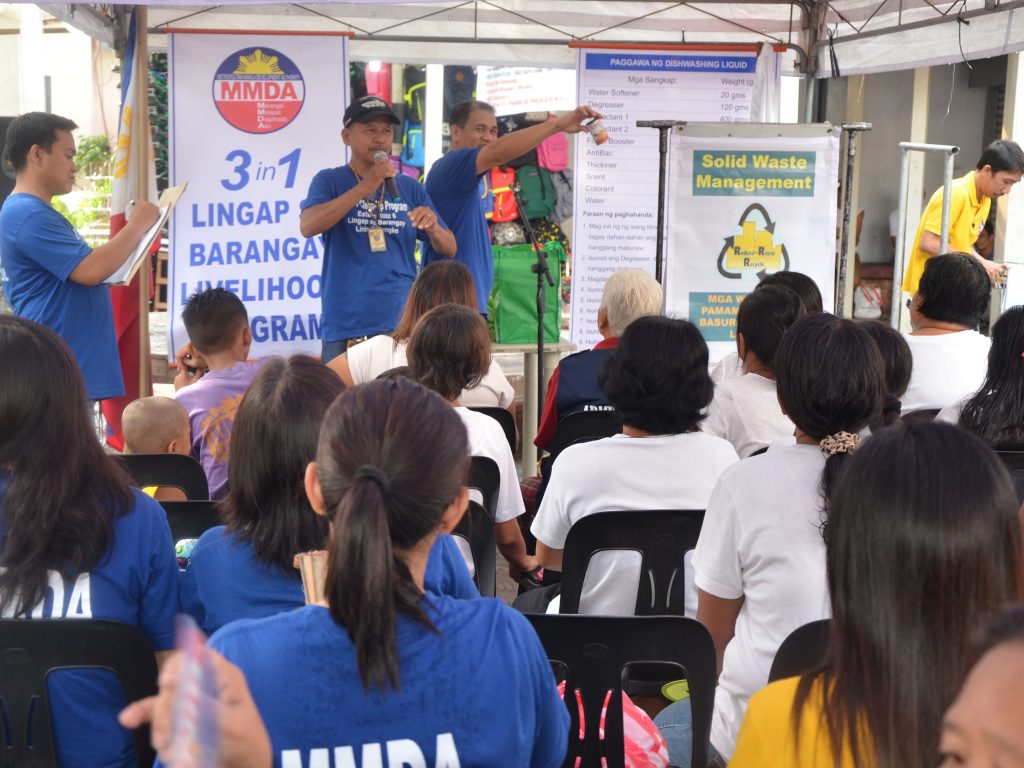
Formulating policies and programs for proper sanitation and waste disposal, including the establishment of sanitary landfills.
Flood Control and Sewerage Management
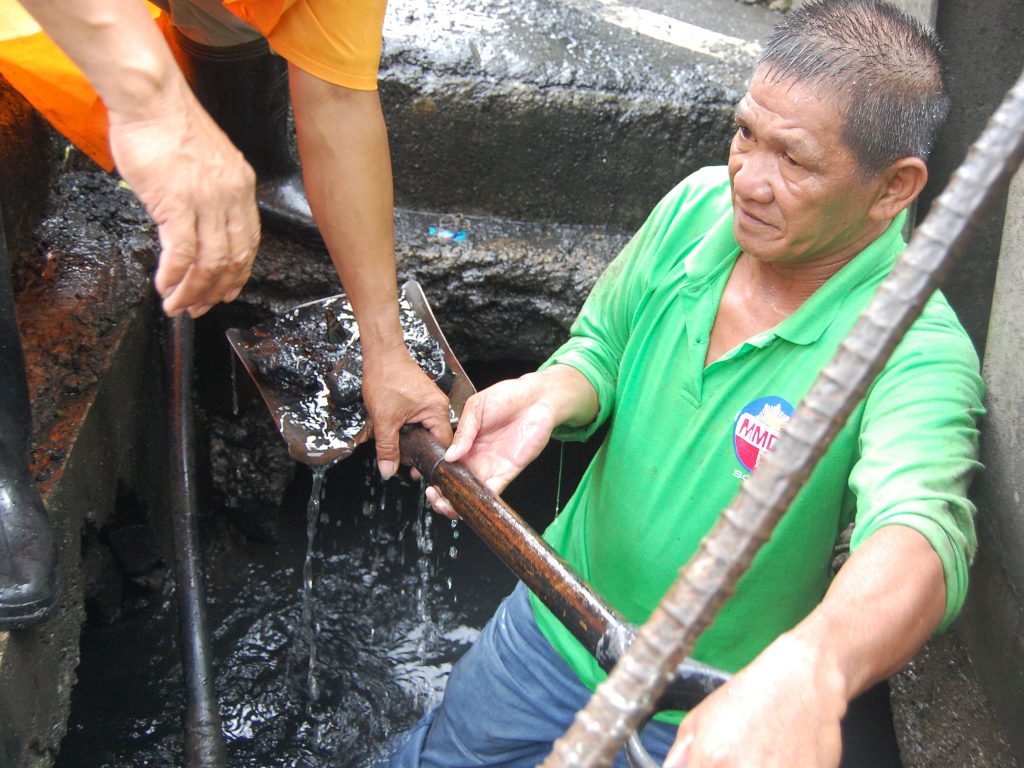
Developing and coordinating policies and projects to address integrated flood control, drainage, and sewerage systems to prevent flooding in Metro Manila.
Urban Renewal, Zoning, and Land Use Planning
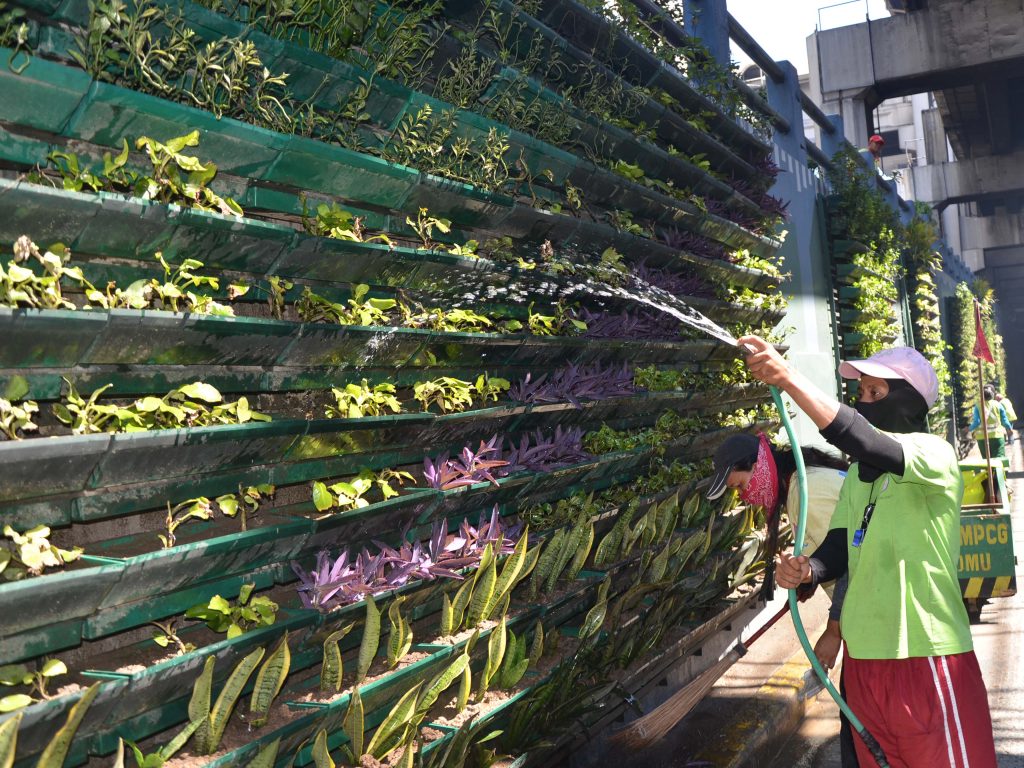
Creating policies and standards for rationalizing and optimizing urban land use, directing urban growth, and rehabilitating slum and blighted areas.
Health and Sanitation, Urban Protection, and Pollution Control
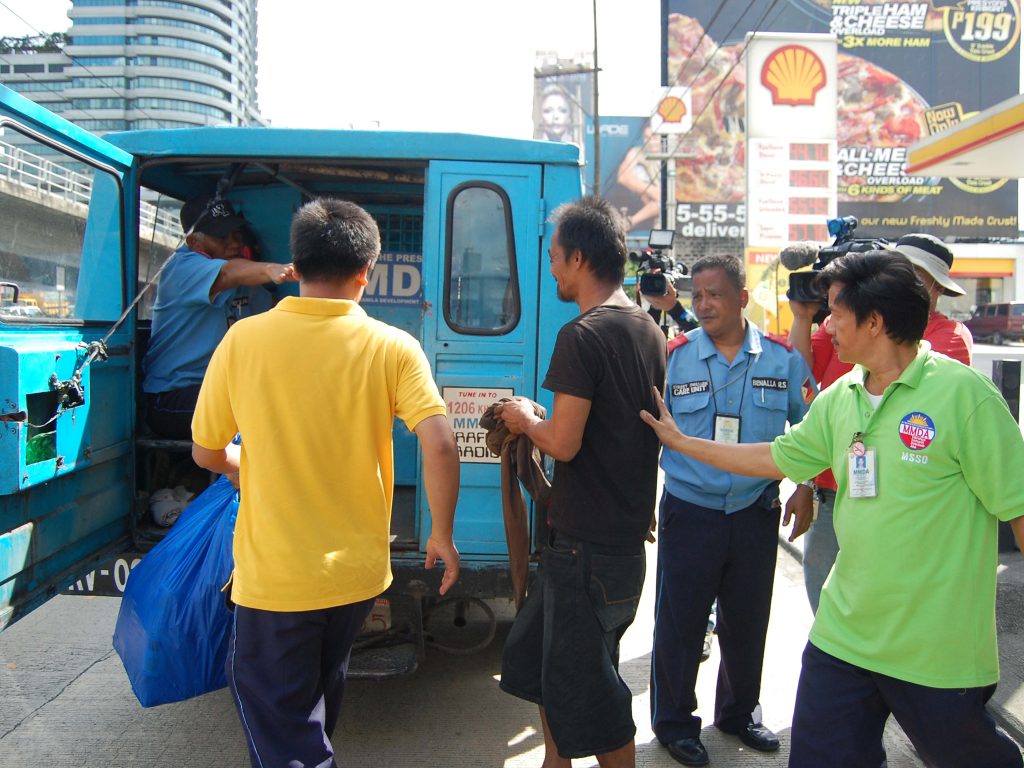
Formulating and implementing measures to promote and safeguard health and sanitation, enhance ecological balance, and prevent environmental pollution.
Public Safety
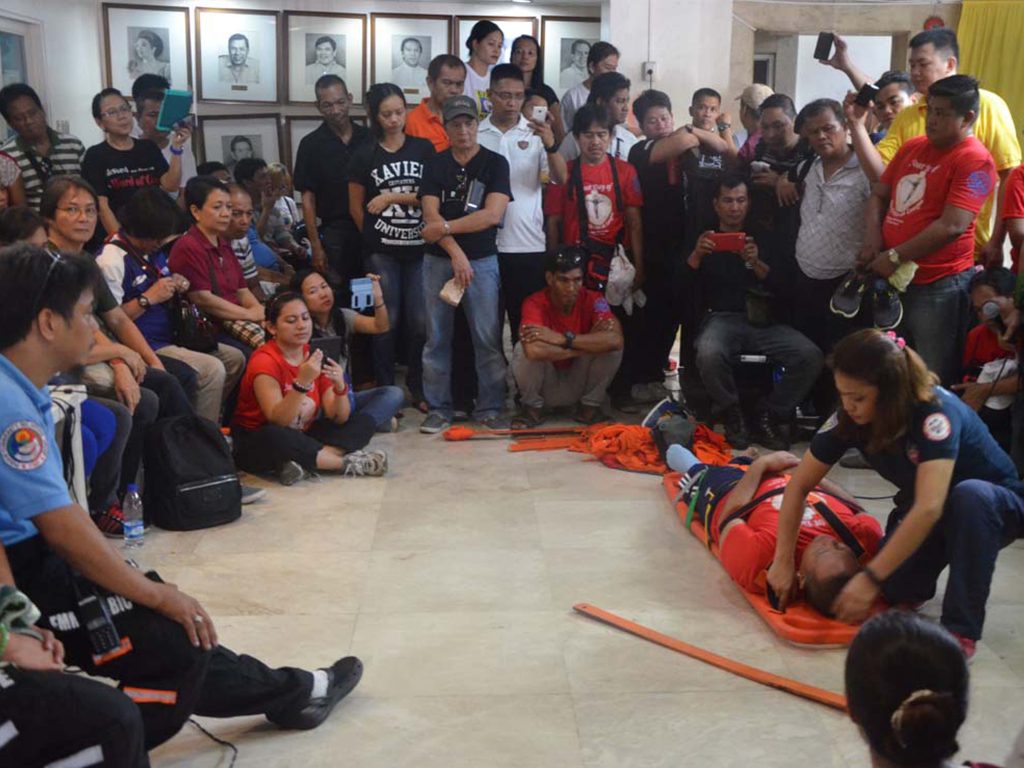
Formulating and implementing policies, rules, and programs to ensure public safety, including disaster preparedness, rescue operations, and coordination with national agencies during calamities.
Expansive Functions Beyond Traffic Management
While the MMDA is widely recognized for its pivotal role in traffic management, it extends its influence to diverse areas. From solid waste disposal and flood control programs to health, sanitation, and public safety initiatives, the MMDA’s responsibilities span a broad spectrum. Notably, it engages in disaster relief operations and collaborates with various institutions to ensure a holistic approach to metropolitan development.
Current Projects: Innovations in Development
The MMDA’s ongoing projects showcase its adaptability and innovation in addressing contemporary challenges.
Some of the most notable MMDA projects and partnerships include initiatives like the following:
- MMDA-Sesame Workshop
- Metro Manila Flood Management Project,
- The Union Project on Smoke-Free Environment Policy .
Recent Developments
Recent changes involving the Metropolitan Manila Development Authority (MMDA) include the adoption of black berets by MMDA traffic enforcers in 2017 for improved public image. In 2022, former President Rodrigo Duterte also inaugurated the new MMDA headquarters in Ugong, Pasig, reflecting ongoing efforts to enhance the agency’s infrastructure and effectiveness.
Video: Challenging Day for MMDA
Sure, a lot of drivers probably hate the sight of MMDA officers, particularly because of the negative publicity they have generated, but the MMDA doesn’t always have it easy either. In this video posted by Gadget Addict, watch as the MMDA personnels experience an equally difficult day while working to instill discipline on EDSA and clear alternative roads from illegally parked vehicles.
Summary
Since its establishment, the Metropolitan Manila Development Authority (MMDA) continues to commit to serving the public efficiently with sincerity and utmost courtesy during office hours. As an agency, it continues to keep up with the changing times and strives to deliver metro-wide services that are responsive to the needs of the people residing in Metro Manila.
The agency also ensures the strict compliance of everyone with its established service standards, particularly when it comes to aspects involving Metro Manila’s development, including transportation, waste management, flood control, urban planning, health, and public safety. On top of that, the agency also strives to empower the public by offering 24/7 access to information on policies, activities, programs, and projects via its website (www.mmda.gov.ph) and hotline 136.
The agency’s actions and initiatives, as well as its service pledge continues to reflect its commitment to provide the best service to the public.
Contact Information
For inquiries or concerns, individuals can reach out to the MMDA directly using the provided contact information.
Metropolitan Manila Development Authority (MMDA)—Office of the Chairman
Office Address: MMDA Bldg., EDSA cor. Orense St., Guadalupe, Makati City
Tel. No.: 882-0854; 882-0893; 882-0871; 882-2646
Contact Person: Atty. Romando S. Artes, Acting Chairman
Phone Number: 8898-4200 Local : 1901